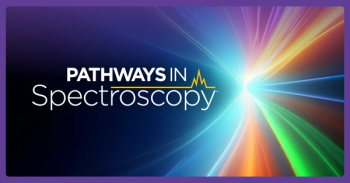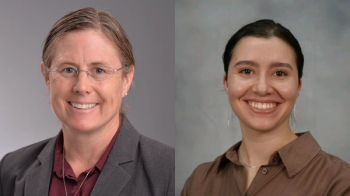
Agilent Collaborates with Weill Cornell Medical College on ALS Research
Agilent Technologies Inc. (Santa Clara, California) has agreed to support research by Steven Gross, a faculty member in the Department of Pharmacology at Weill Cornell Medical College (New York, New York), into amyotrophic lateral sclerosis (ALS), also known as Lou Gehrig’s disease.
Agilent Technologies Inc. (Santa Clara, California) has agreed to support research by Steven Gross, a faculty member in the Department of Pharmacology at Weill Cornell Medical College (New York, New York), into amyotrophic lateral sclerosis (ALS), also known as Lou Gehrig’s disease. Agilent will provide the latest mass spectrometry technology to support this research, which aims to achieve an understanding of how the most common form of this disease develops in the body.
Gross is an internationally recognized expert in the use of mass spectrometry-based metabolomics. His expertise is in pharmacology and cell biology, particularly in relation to the role of nitric oxide as a signaling molecule. Through the partnership, Agilent will provide two mass spectrometers for Gross’s laboratory.
Sporadic amyotrophic lateral sclerosis (sALS) accounts for about 90 percent of all ALS cases and has no obvious genetic driver. Gross and his collaborators-Giovanni Manfredi, a professor of neuroscience in the Feil Family Brain and Mind Research Institute at Weill Cornell, and Lorenz Studer, director of Sloan Kettering Institute’s Center for Stem Cell Biology-are investigating the molecular underpinnings of this form of ALS. The Agilent tools will assist the investigators in applying a multi-disciplinary-based approach to understanding the roots of this disease. Specifically, accurate-mass spectrometry will enable the researchers to test the hypothesis that fibroblasts express systemic metabolic markers that inform ALS.
Newsletter
Get essential updates on the latest spectroscopy technologies, regulatory standards, and best practices—subscribe today to Spectroscopy.




